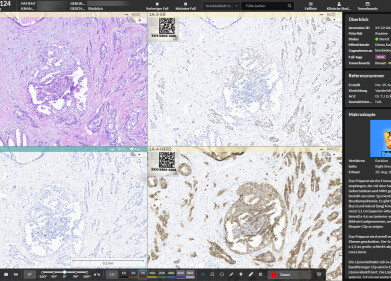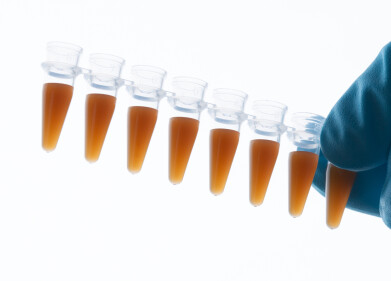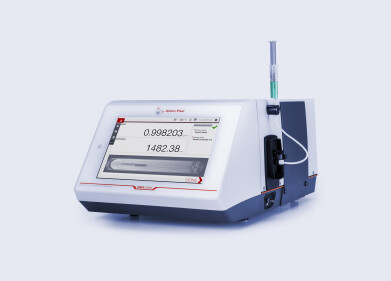Laboratory Products
How is Your Fridge Affecting Your Food?
Oct 31 2016
Tomatoes have long been at the centre of the fruit or vegetable debate, but now they’ve landed themselves in the spotlight for an entirely new reason. According to a new study published in the Proceedings of the National Academy of Sciences, tomatoes officially lose the full punch of their flavour when they’re refrigerated. Diving deep into the molecular properties of tomatoes, researchers found that the chilling process deregulates certain flavour producing genes.
So how does the process unfold? From a genetic perspective, a tomato’s flavour is produced by a cocktail of sugars, acids and volatiles. The latter are made up of amino acids and esters, which have a distinctive taste. When stored at lower temperatures these volatiles are lost, which sends the flavour scale plummeting.
Fridges wreak genetic carnage
The team tested their theory by storing tomatoes at 5 degrees Celsius for eight days, then evaluating the impact this had on 25,879 genes. They found that as a result, genes responsible for creating the codes that trigger flavour-producing volatiles suffered at low temperatures. This led to the degeneration of 12 different volatiles, and drastic results when it came to the all-important taste test. Of 76 consumers, most confirmed that the refrigerated tomatoes were less flavoursome than their room temperature counterparts.
Farm vs supermarket
For tomato connoisseurs who’ve always wondered why taste can vary so much, the new research explains a lot. As a rule of thumb commercial tomatoes are usually chilled in order to suspend the ripening process and prevent decay. Refrigeration may help keep the fruits (yes fruits!) firm and fresh, but this comes at a cost. The cooling process chills major flavour genes right out the picture, which means the taste factor drops significantly. As a result, commercial tomatoes are often far inferior to those purchased directly from farmers.
Can tomatoes recover?
For most people, it’s second nature to stash tomatoes in the crisper when unpacking a supermarket shop. Unfortunately, once they’ve been chilled there’s no coming back. The researchers confirmed that even when rehoused at room temperature, genetic expression didn’t return to its tasty pre-chilled state.
That said, there is some leeway. The research also indicated that tomatoes stored for up to three days don’t undergo epigenetic changes, which means that the fruits can be temporarily chilled if necessary.
As well as being all-important household investments, fridges and freezers are also laboratory staples. For more information on how to choose high performance ultra-low temperature products that are both practical and energy efficient, ‘ULT Freezers – Factors to Consider When Choosing a Suitable Freezer’ is a must read article.
Digital Edition
International Labmate 49.6 - Sept 2024
September 2024
Chromatography Articles - HPLC gradient validation using non-invasive flowmeters Mass Spectrometry & Spectroscopy Articles - From R&D to QC, making NMR accessible for everyone: Putting NMR...
View all digital editions
Events
Oct 15 2024 Milan, Italy
Oct 17 2024 Dhaka, Bangladesh
Oct 20 2024 Fort Worth, TX, USA
Oct 21 2024 Dalian, China
Oct 30 2024 Birmingham, UK






.jpg)











